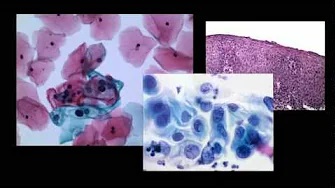Document Type
Article
Publication Date
5-1-2022
Abstract
Developments in genomics are profoundly influencing medical practice. With increasing use of genetic and genomic testing across every aspect of the health care continuum, patients and their families are increasingly turning to primary care physicians (PCPs) for discussion and advice regarding tests, implications, and results. Yet, with the rapid growth of information, technology, and applications, PCPs are finding it challenging to fill the gaps in knowledge and support the growing needs of their patients. A critical component in expanding PCP genomic literacy lies in the education of physicians in training and in practice. Although a framework for developing physician competencies in genomics has already been developed, the Association for Molecular Pathology is uniquely situated to actively utilize the skills of its members to engage and support PCPs in this effort. This report provides an overview and a suggested basic teaching framework, which can be used by molecular professionals in their individual institutions as a starting point for educational outreach.
Recommended Citation
Arcila ME, Snow AN, Akkari YMN, Chabot-Richards D, Pancholi P, Tafe LJ. Molecular Pathology Education: A Suggested Framework for Primary Care Resident Training in Genomic Medicine: A Report of the Association for Molecular Pathology Training and Education Committee. J Mol Diagn. 2022 May;24(5):430-441. doi: 10.1016/j.jmoldx.2021.12.013. Epub 2022 Mar 15. PMID: 35304347.

